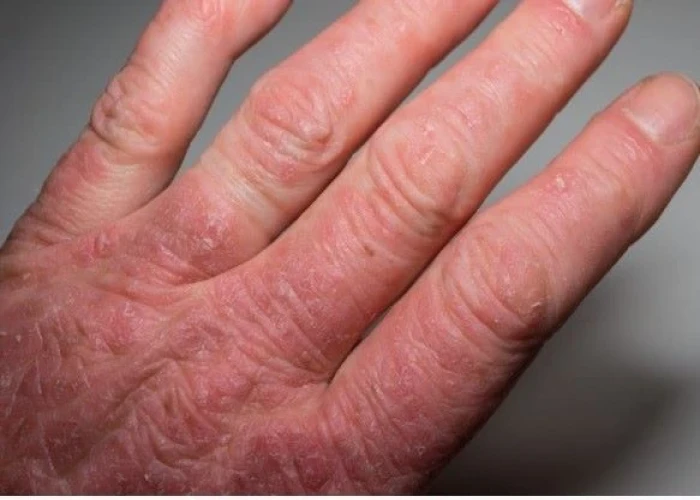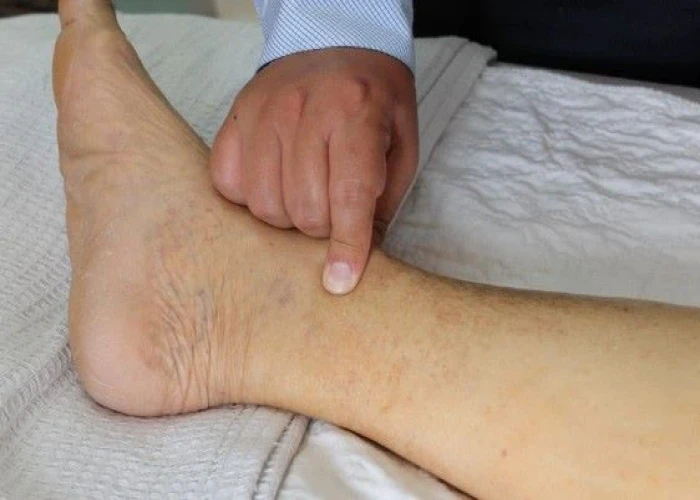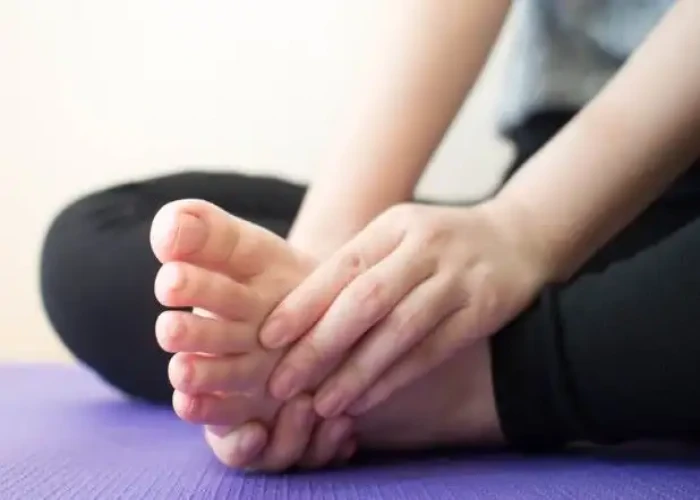 Welcome
Welcome
“May all be happy, may all be healed, may all be at peace and may no one ever suffer."
Stress fractures

Stress fractures are small cracks or breaks in bones that develop gradually over time due to repetitive stress or overuse. They are a common type of injury that can affect athletes, runners, and people who engage in high-impact activities.
Stress fractures most commonly occur in weight-bearing bones, such as the bones in the feet, ankles, and legs, but they can also occur in the hips and spine. The symptoms of a stress fracture may include:
- Pain that worsens with activity and improves with rest
- Swelling and tenderness at the site of the fracture
- Pain that is localized to a specific area, rather than diffused
- Pain that is worse with weight-bearing activities, such as walking or running
If left untreated, stress fractures can worsen over time and lead to more serious injuries, such as complete fractures. Therefore, it is important to seek medical attention if you suspect that you may have a stress fracture.
A healthcare provider can diagnose a stress fracture through a physical exam, imaging tests such as X-rays or MRI, and a review of your medical history and activity level. Treatment typically involves rest, immobilization of the affected area with a brace or cast, and avoidance of weight-bearing activities that may exacerbate the fracture. In some cases, surgery may be necessary to repair the fracture.
Preventing stress fractures involves gradually increasing the intensity and duration of exercise, wearing appropriate footwear, and using proper techniques when performing weight-bearing activities. Maintaining a healthy diet and getting adequate rest can also help reduce the risk of stress fractures.
Research Papers
Disease Signs and Symptoms
- Bone pain
- Swollen near bone
- Broken bones or sprains
Disease Causes
Stress fractures
Stress fractures often result from increasing the amount or intensity of an activity too quickly.
Bone adapts gradually to increased loads through remodeling, a normal process that speeds up when the load on the bone increases. During remodeling, bone tissue is destroyed (resorption), then rebuilt.
Bones subjected to unaccustomed force without enough time for recovery resorb cells faster than your body can replace them, which makes you more susceptible to stress fractures.
Disease Prevents
Stress fractures
Simple steps can help you prevent stress fractures.
- Make changes slowly. Start any new exercise program slowly and progress gradually. Avoid increasing the amount you exercise by more than 10% a week.
- Use proper footwear. Make sure your shoes fit well and are appropriate for your activity. If you have flat feet, ask your doctor about arch supports for your shoes.
- Cross-train. Add low-impact activities to your exercise regimen to avoid repetitively stressing a particular part of your body.
- Get proper nutrition. To keep your bones strong, make sure your diet includes enough calcium, vitamin D and other nutrients.
Disease Treatments
To reduce the bone's weight-bearing load until healing occurs, you might need to wear a walking boot or brace or use crutches.
Although unusual, surgery is sometimes necessary to ensure complete healing of some types of stress fractures, especially those that occur in areas with a poor blood supply. Surgery also might be an option to help healing in elite athletes who want to return to their sport more quickly or laborers whose work involves the stress fracture site.
Disease Diagnoses
Disease Allopathic Generics
Disease Ayurvedic Generics
Disease Homeopathic Generics
Disease yoga
Stress fractures and Learn More about Diseases

Colic

Suicide and suicidal thoughts

Brucellosis

Bronchiolitis

Psoriatic arthritis

Nephrotic syndrome

Urinary tract infection (UTI)

Alzheimers disease
stress fractures, স্ট্রেস ফ্র্যাকচার
To be happy, beautiful, healthy, wealthy, hale and long-lived stay with DM3S.
